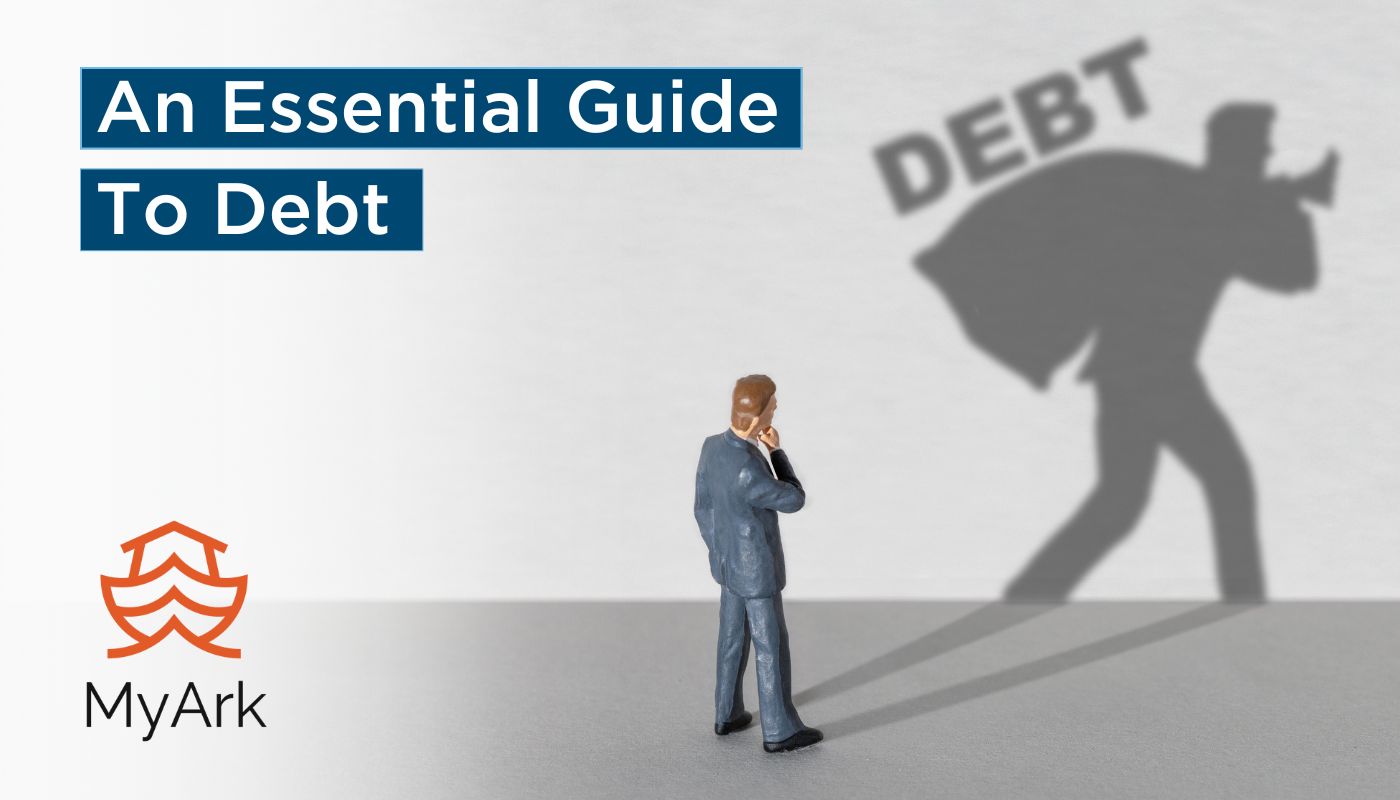
Did you know:
5% – UK population have accessed debt (not including mortgages) in the last year.
5k – average UK household debt (not including mortgages). £65k with mortgages.
22 yrs – average time to save first-time buyer house deposit.
16% – of the UK are facing debt problems, or 28% for single parents.
7 properties were repossessed every day in 2023 – that’s one every 3.5 hours.
311 – people declared bankrupt to insolvent every day in the UK
And the cause?
1. A significant unexpected event – unemployment or redundancy, which alone account for 50% of debt triggers, illness, injury or a hefty, unexpected cost, like a house repair or car being written off.
2. Not being on top of your financial management – This can be because you don’t choose to budget or don’t know how to, and often stems from a mismatch of expectations, especially as the cost of living rises of what you should be able to afford versus what you can afford
Not all debt is created equal
Some debt isn’t necessarily bad. Being able to purchase a home with a mortgage you can afford, and a house you hope will grow in value over the long term, is important to a lot of people. Debt becomes ugly when you can’t keep on top of it. Many people in debt can address it through stringent financial management plus support in how best to do this. When you are so overwhelmed by debt that you can’t see a way out then reach out to registered organisations that can support your individual situation. There are different types of debt solutions that may be helpful to you. Remember to consider the whole cost of any solution – including costs of the debt and duration of the repayment. Some debt solutions may impact your credit rating or eligibility for other financial products.
The real cost of debt
22% Credit Cards (ave UK rate) – For every £100 you are losing £22
1250% Payday loans (ave UK rate) – The FCA limits repayment to double what you borrowed, so for every £100 you can lose up to £200
6.5% Mortgages (ave UK rate) – For every £100 you are losing £6.50
REMEMBER: Whatever situation you are in now, there is a way through it, and it wont be like this forever.
What can help me avoid debt?
Emergency fund: If you are able to start to build a cash reserve it should be a priority before you start to make investments, as investments should always have a longer term horizon. This ‘buffer’ can then be used in an emergency, at short notice. The benefit is that you don’t have to get into debt should the unexpected happen. A target for an emergency fund is your basic costs of living for 6 months, although you can adapt this to your personal situation including how secure your job is etc.
Budgeting: Take a business approach to your personal finances. Why? Feel happier that you can afford the day to day spend. Set goals that you can save up for and look forward to (e.g. holiday, new car). End the sleepless nights, the couples bickering – experience financial liberation!
Learn more about debt here:
Stepchange : https://www.stepchange.org/
Moneyhelper: https://www.moneyhelper.org.uk/
Money savings expert: https://www.moneysavingexpert.com/